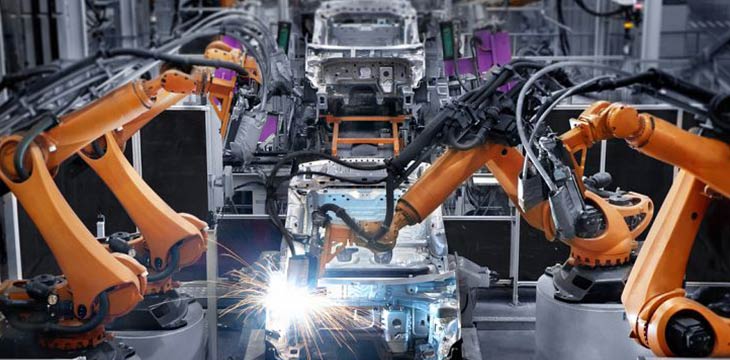|
Getting your Trinity Audio player ready...
|
Marketing consultancy firm Simon-Kucher & Partners foresees blockchain in the automotive industry creating $120 billion in revenue by 2030.
The figure was arrived at by a study conducted last October, which looked at people’s awareness of blockchain, possible uses of the technology for land vehicles, and respondents’ willingness to pay for prospective services.
48% expressed interest in blockchain being used in time-saving solutions, including easing of traffic congestion. 54% were interested in blockchain for automated payments, while 46% responded favorably to the technology being used to provide remote access to their vehicles.
The survey provided additional quantified insights:
– 27% of respondents said they would be willing to pay $11 a month on average for traffic congestion management;
– Only 7% saw $11/mo. for protected data access to be worth paying for;
– 12% were willing to pay $8/mo. for remote control of their vehicle, such as for locking and unlocking doors;
– 17% were willing to pay $7/mo. to facilitate payments for parking or charging stations; and
– 7% said they would pay $6/mo. to ensure records for second-hand cars were authentic.
From these, Simon-Kucher calculated that $120 billion could be generated some 11 years from now.
Peter Harris, partner for the marketing firm’s global automotive practice, said, “The added value of blockchain applications for the end customer is obvious… Automakers need to be aware that they can generate significant profit from these applications.”
He added that automotive firms should begin modifying strategies and business models in light of the growing relevance of blockchain.
“Close cooperation among individual stakeholders (e.g. automotive manufacturers, taxi companies, municipal corporations, toll operators) is essential to unlock the multi-billion-dollar potential of this technology,” Harris said.
The use of blockchain in the automotive business has been limited, but already demonstrative of its potential. Last October, Toyota announced that it had used blockchain in an online campaign to better determine if clicks and impressions of paid advertisements were being directed to target end-users or simply to bots, and the results were encouraging. The Japan-based firm has committed to hold future campaigns with blockchain advertising analytics firm Lucidity.
Volkswagen has commissioned a blockchain startup carVertical to encode data on vehicles to prevent fraud in the secondhand market.
Ford has filed a patent to use distributed ledger technology in coordination between vehicles to minimize traffic congestion.
Recommended for you
British lawmakers of the parliamentary national security committee have called for a temporary ban on political parties receiving donations in

 02-27-2026
02-27-2026 




